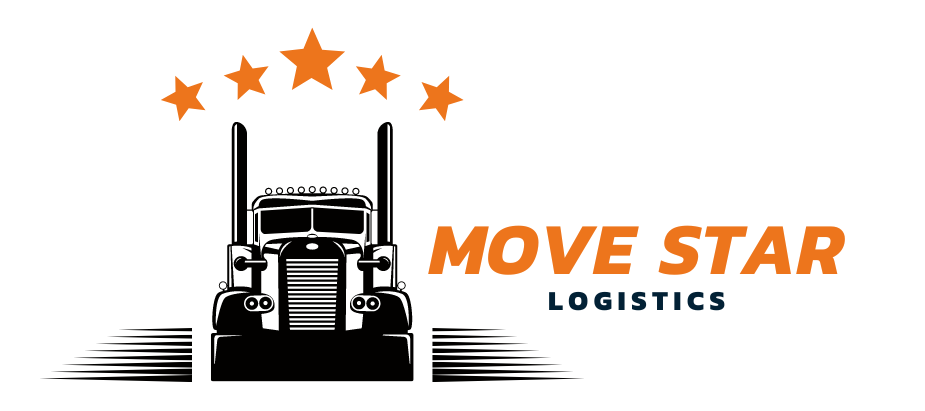Understanding the costs associated with dispatch services can be a concern for many businesses. While the value they provide is undeniable, the price tag can sometimes raise questions. This blog post aims to shed light on the breakdown of dispatch costs and help you make informed decisions for your business needs.
Understanding the Structure:
Unlike a flat fee, dispatch services typically operate on a percentage-based pricing model. This means their fee is calculated as a percentage of the total freight cost (the cost of transporting the goods) paid to the carrier. The specific percentage can vary depending on several factors, including:
- Type of shipment: Specialized or oversized cargo might require additional planning and coordination, leading to a slightly higher percentage.
- Distance and route: Longer distances and complex routes often involve increased operational costs for the dispatch service, which might be reflected in the percentage.
- Negotiation expertise: The dispatcher’s ability to secure competitive rates from carriers can directly impact the final cost. A skilled negotiator can potentially lower the overall freight cost, even with the dispatch fee included.
- Additional services: Some dispatch services offer value-added services like real-time tracking, paperwork management, or insurance assistance, which might come with additional fees.
Beyond the Percentage:
Remember, the dispatch fee is not the only cost to consider. Here are some additional factors to keep in mind:
- Fuel surcharges: Fluctuations in fuel prices can lead to fuel surcharges being added to the freight cost by the carrier.
- Tolls: Depending on the route, tolls incurred during transportation might be passed on to you.
- Additional stops: If your shipment requires additional stops for loading or unloading, there might be associated fees.
Making an Informed Decision:
While the cost is important, it’s crucial to evaluate the value that a dispatch service brings to the table. Consider the following:
- Time savings: Dispatch services free up your time to focus on core business activities.
- Expertise and efficiency: They leverage their knowledge and network to secure the best rates and ensure smooth operations.
- Risk mitigation: They handle compliance and paperwork, minimizing the risk of delays or penalties.
By comparing quotes from different dispatch services and considering the value proposition they offer, you can make an informed decision that optimizes your budget and ensures efficient and cost-effective transportation for your business.

